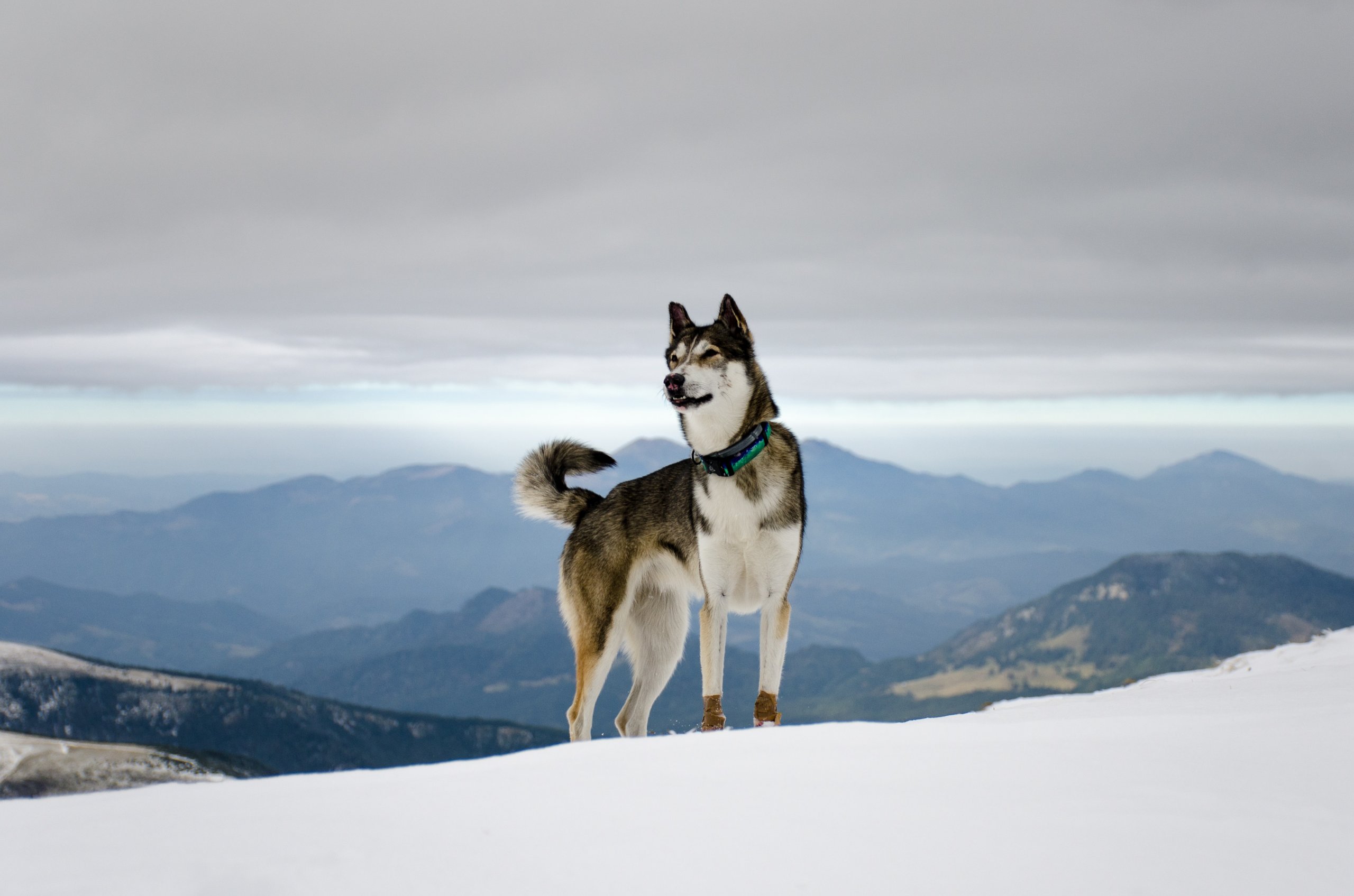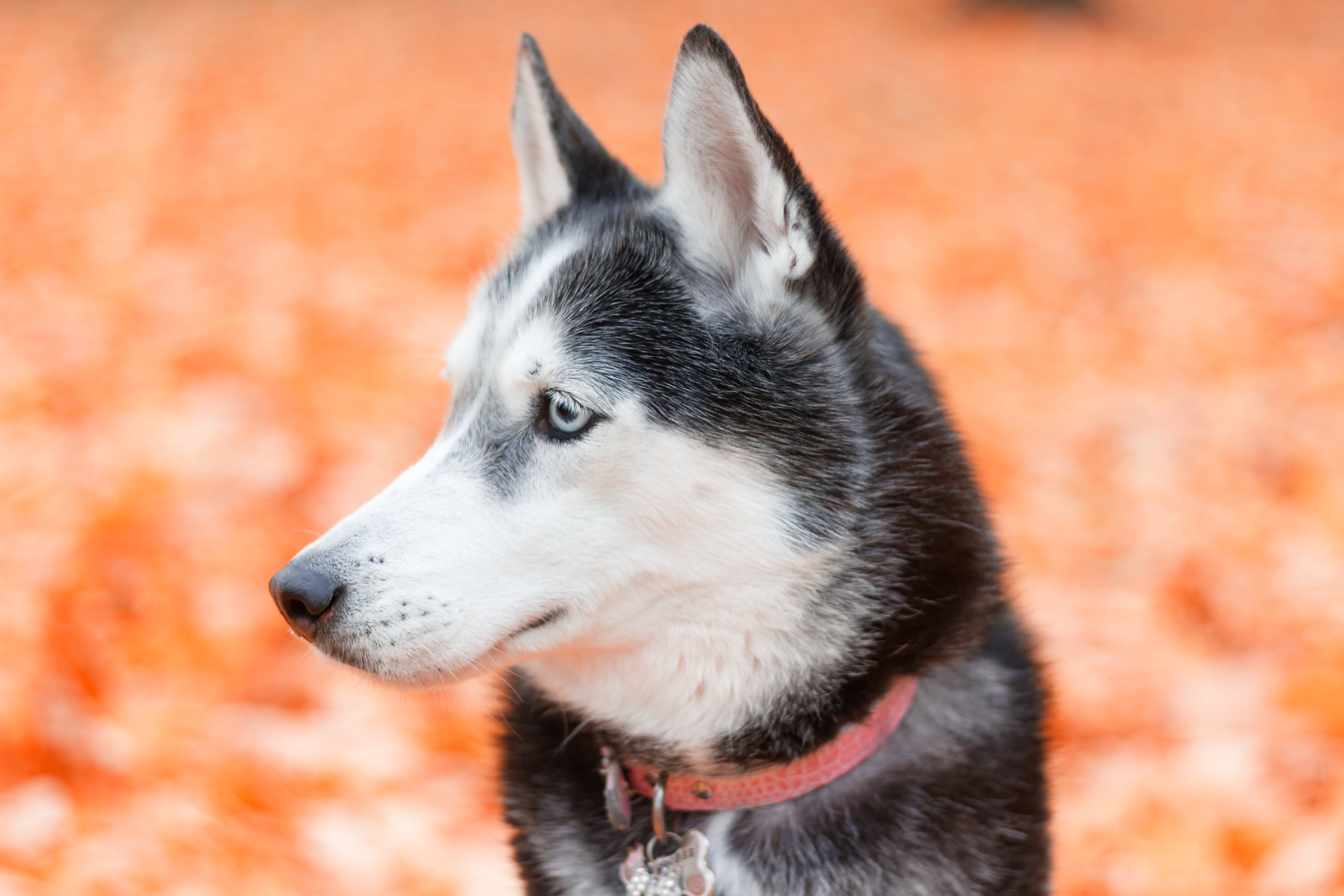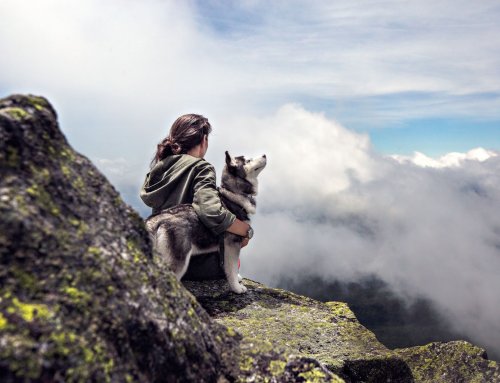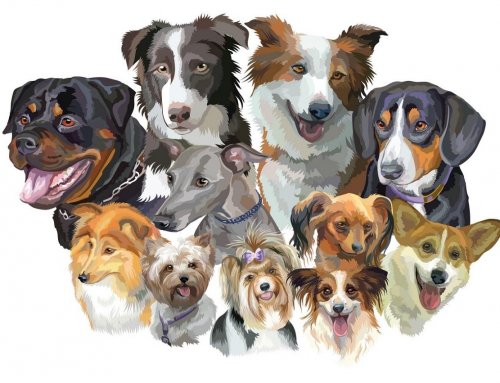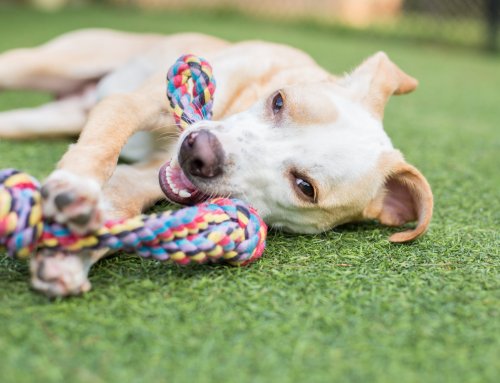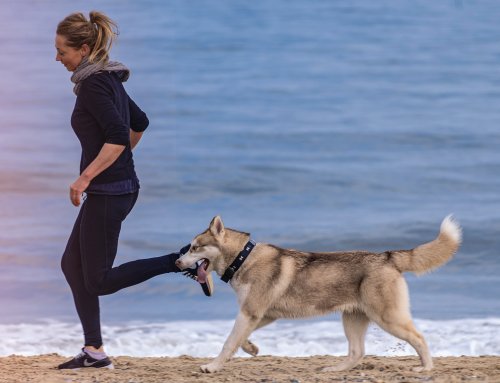Are you interested in a quick learning lesson on the beautiful, intelligent dog breed: the Siberian husky?
This dog breed is one of the most famous breeds for its unique look, energetic personality, and overall great behavior. There is a lot to learn about Siberian Huskies beyond just those basic facts. If you’re considering getting this type of dog, it is vital to know more about them before you do.
Today, we’ll cover the basics that you should know about Siberian huskies. Of course, before getting a Siberian Husky, you’ll need to do your homework, and our Siberian Huskie resources are a great place to start.
1) The History of Siberian Huskies
Where did this notable breed first originate from?
Many believe that this breed first originated from a tribe of Siberian nomads, and that is where the name of the dog came from. Some believe that the dogs were used for transportation as well as warmth and comfort. Though proving the breed’s exact origins is complex, the DNA of Siberian huskies shows that they are one of the world’s oldest dog breeds. They are also one of the most popular dog breeds today.
In the early 1900s, Siberian huskies were used in Alaska for transportation during the gold rush. The breed has continued to thrive in North America over the years, but the breed has also changed slightly over time. Still, many of the original characteristics persist.
Photo by Daniel Born
2) Siberian Husky Size
Siberian huskies are, on average, between 20 and 24 inches tall. They weigh between 35 and 60 pounds. Female huskies are slightly smaller than their male counterparts, and there is a good amount of variation within the breed’s size.
3) The Husky Personality
Many people imagine huskies in a pack because of their history as sled dogs, and that’s an excellent place to start understanding what the Siberian husky personality is like. Siberian huskies are considered pack dogs, and this is why it is important to make sure that your dog respects you as their leader.
3.1) Varying Temperaments
For that reason, training and managing the temperament of your Siberian husky is going to be important the entire time that you own them. Setting clear rules and enforcing them with consistency will be essential to keep them on good behavior.
Some people suggest meeting the mother and previous litter puppies if you are getting your dog from a breeder. Still, it is unlikely that this will be a clear indication of a dog’s temperament as there are so many factors that will adjust how they act.
3.2) Exercise and Stimulation
Huskies are very high-energy dogs. If they do not have enough exercise and mental stimulation, they will likely become destructive. Training them to dig in certain areas, do certain activities, and more is excellent for their behavior. Talking walks every day, having dedicated playtime, then a dedicated place to retreat to and relax is going to be key for your dog’s happiness.
Still, this energy adds to the charm and playful nature of huskies. These dogs love to show off what they’ve learned, and they tend to be very social creatures. To ensure this, it is important to socialize them from a young age.
4) Siberian Husky Training
All purebred Siberian huskies are prone to certain health conditions. Even if they are a mixed breed, they may be predisposed to some of these conditions because of their genetics. Knowing about these concerns in advance will allow you to monitor for the conditions more successfully.
If you buy a purebred Siberian husky from a breeder, you can see certain health records that will give you an idea of health clearances for your dog; these can be confirmed on the OFA website.
Eye issues are some of the most common issues to show up in Siberian huskies. Glaucoma is the most common eye issue in Huskies and can even lead to blindness if left untreated. Signs to watch out for in your Husky include squinting, watery eyes, bluing of the cornea, and/or redness in the eye whites.
Some huskies also deal with cataracts, particularly as they get older. This can cause difficulties seeing. Another common problem is corneal dystrophy which doesn’t affect vision but causes discoloration in the eye. Finally, the degenerative condition progressive retinal atrophy can lead to blindness long-term but is usually recognized early.
5) Husky Health Concerns
As with any high-energy and intelligent dog, training is going to be very important. Siberian huskies that are under-stimulated or not trained well can take to destroying things and howling, and both of these behaviors will be very problematic.
The temperament of any particular husky will depend on a wide range of factors, but how a dog is raised has a significant effect on how it is going to act as it grows up.
While training, Our Fit Pets give the advice of making sure that your Siberian husky is exposed to as many different types of people, animals, sounds, and experiences as you can. This ensures that you can properly train your dog to handle its strengths and weaknesses appropriately. Plus, it is good for you as an owner to be aware of how your dog reacts to various stimuli.
Huskies are very intelligent, so taking obedience classes is a great idea. You can ensure they are correctly leash and crate trained as well, but all of this needs to be done with clarity and consistency for the best results.
Written by Lisa Smith.
Keywords: dog breeders, akc breeder, siberian husky breeder







